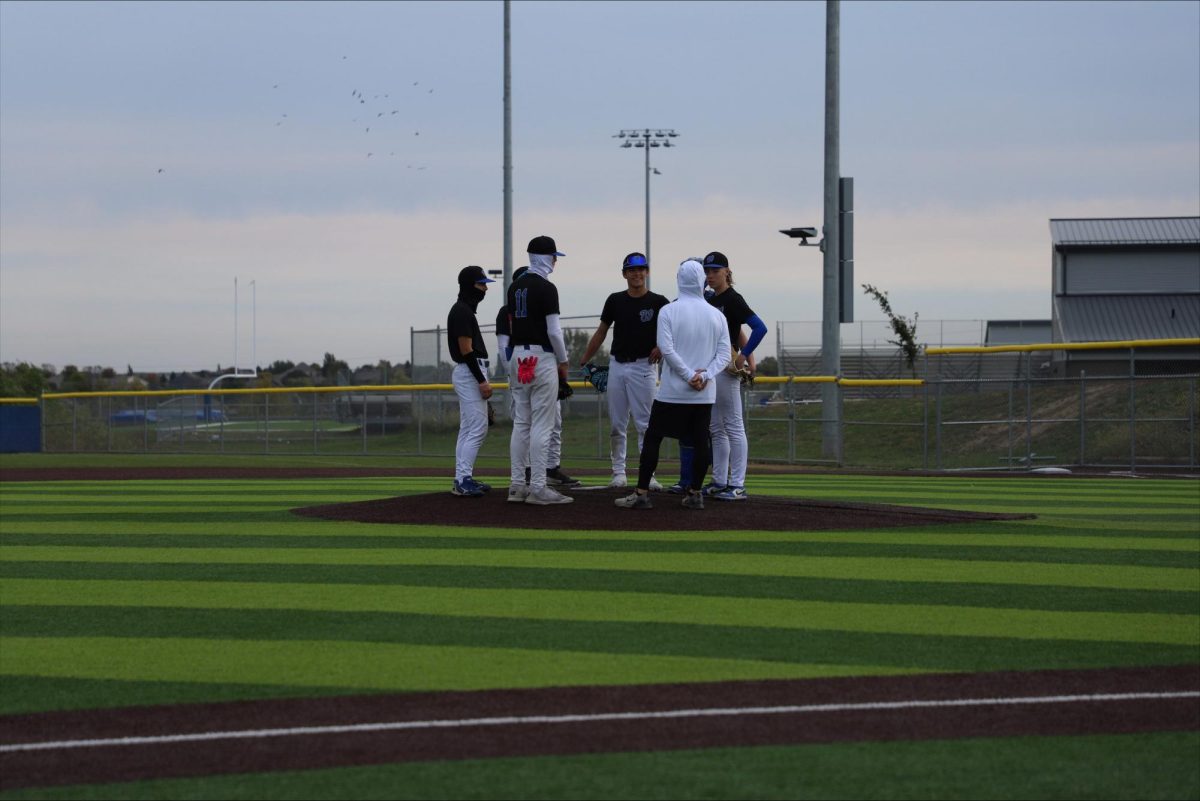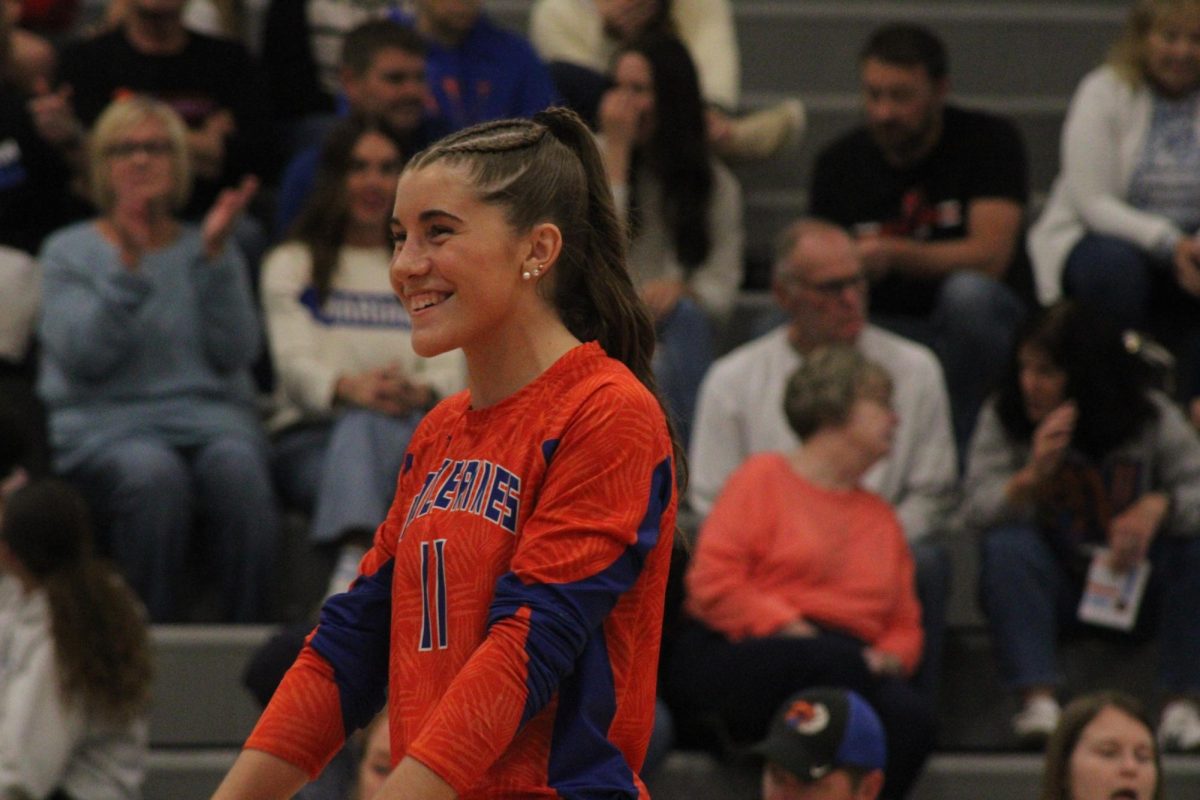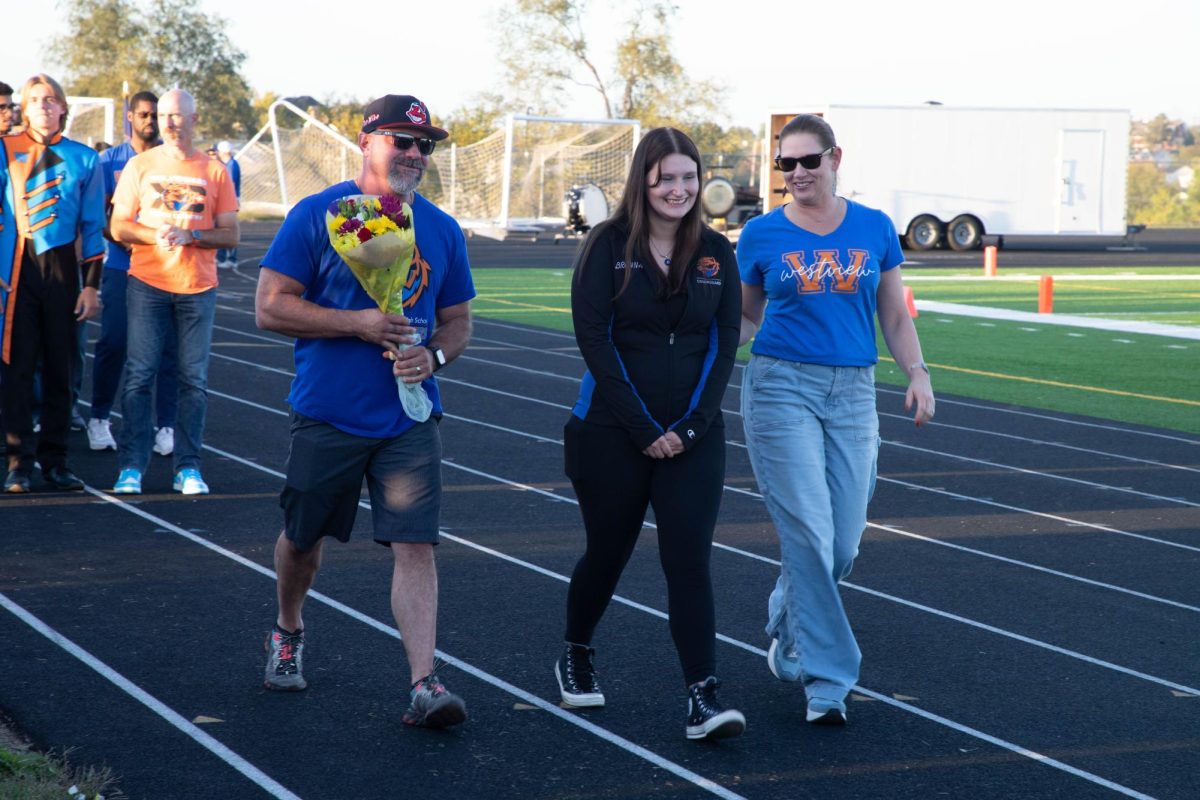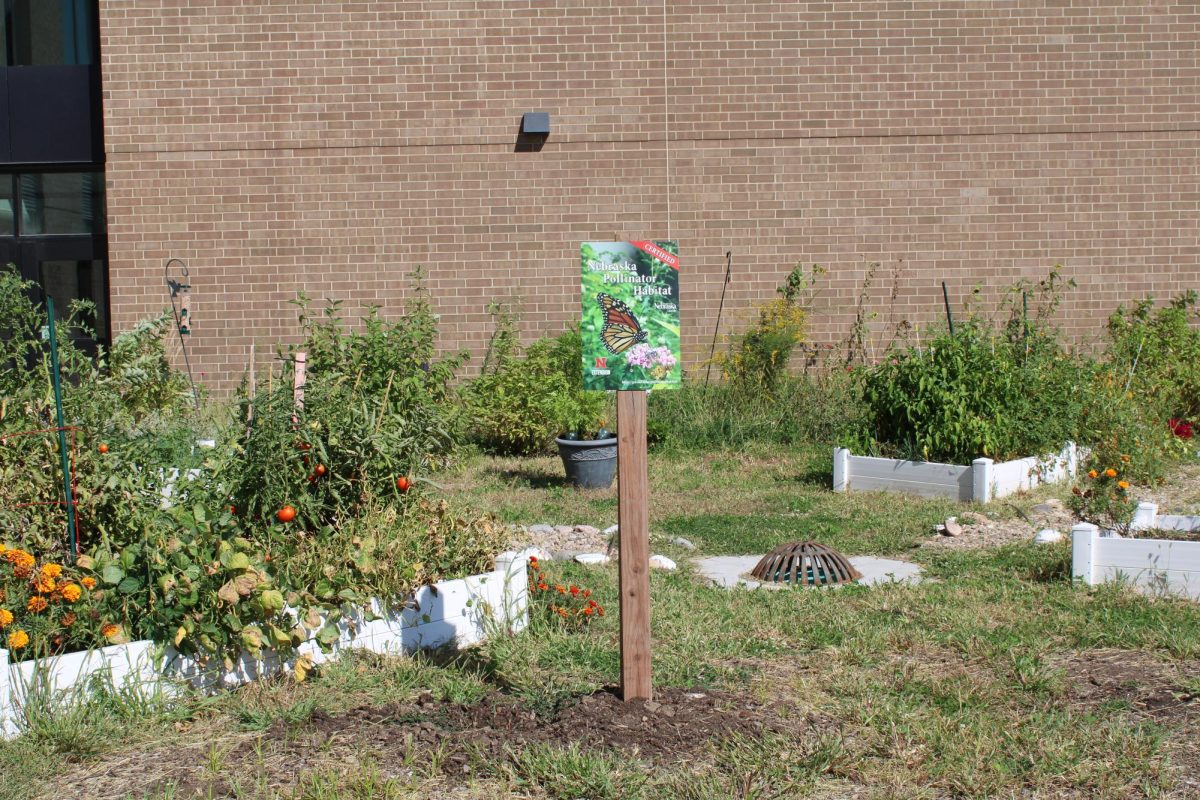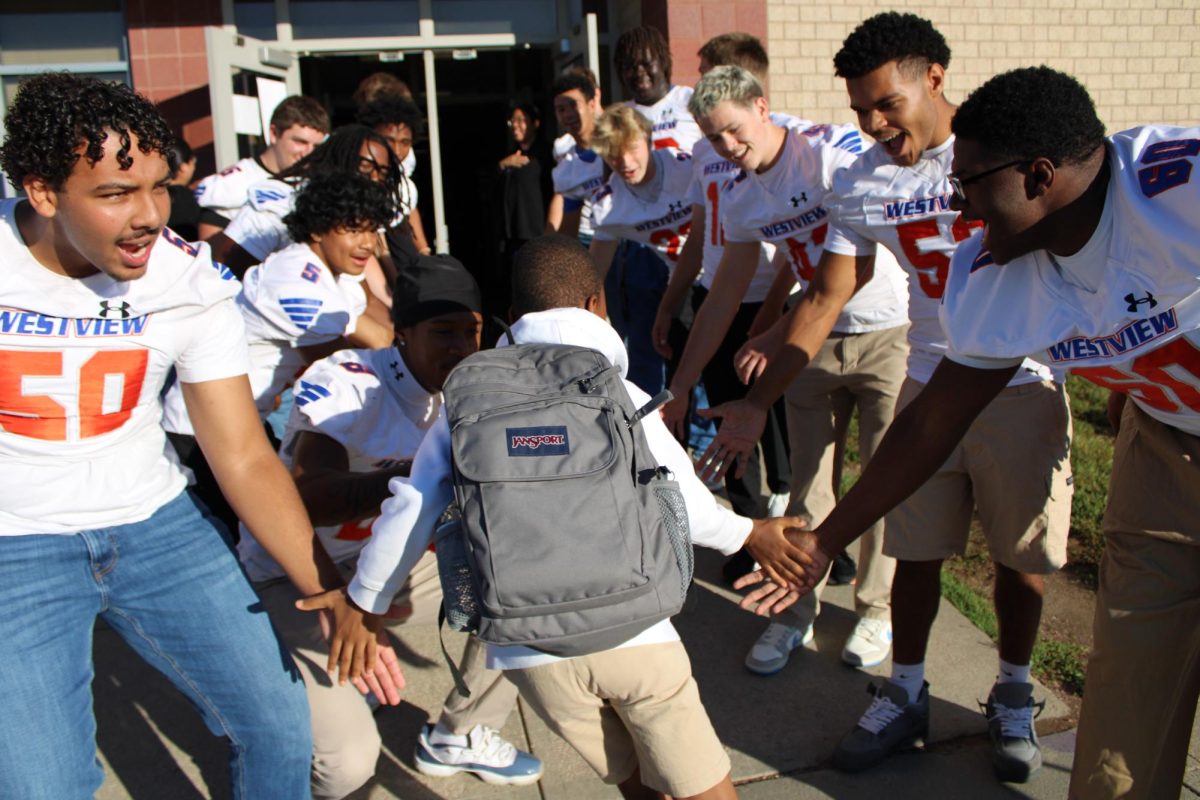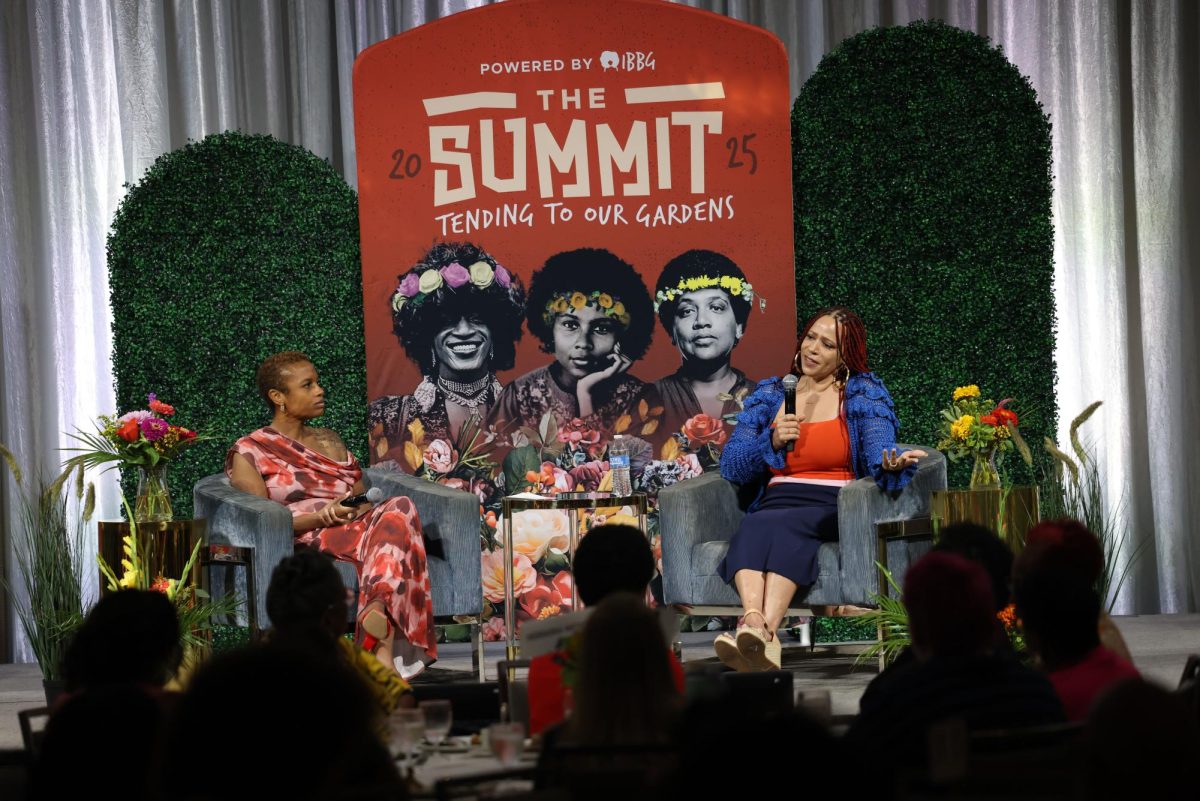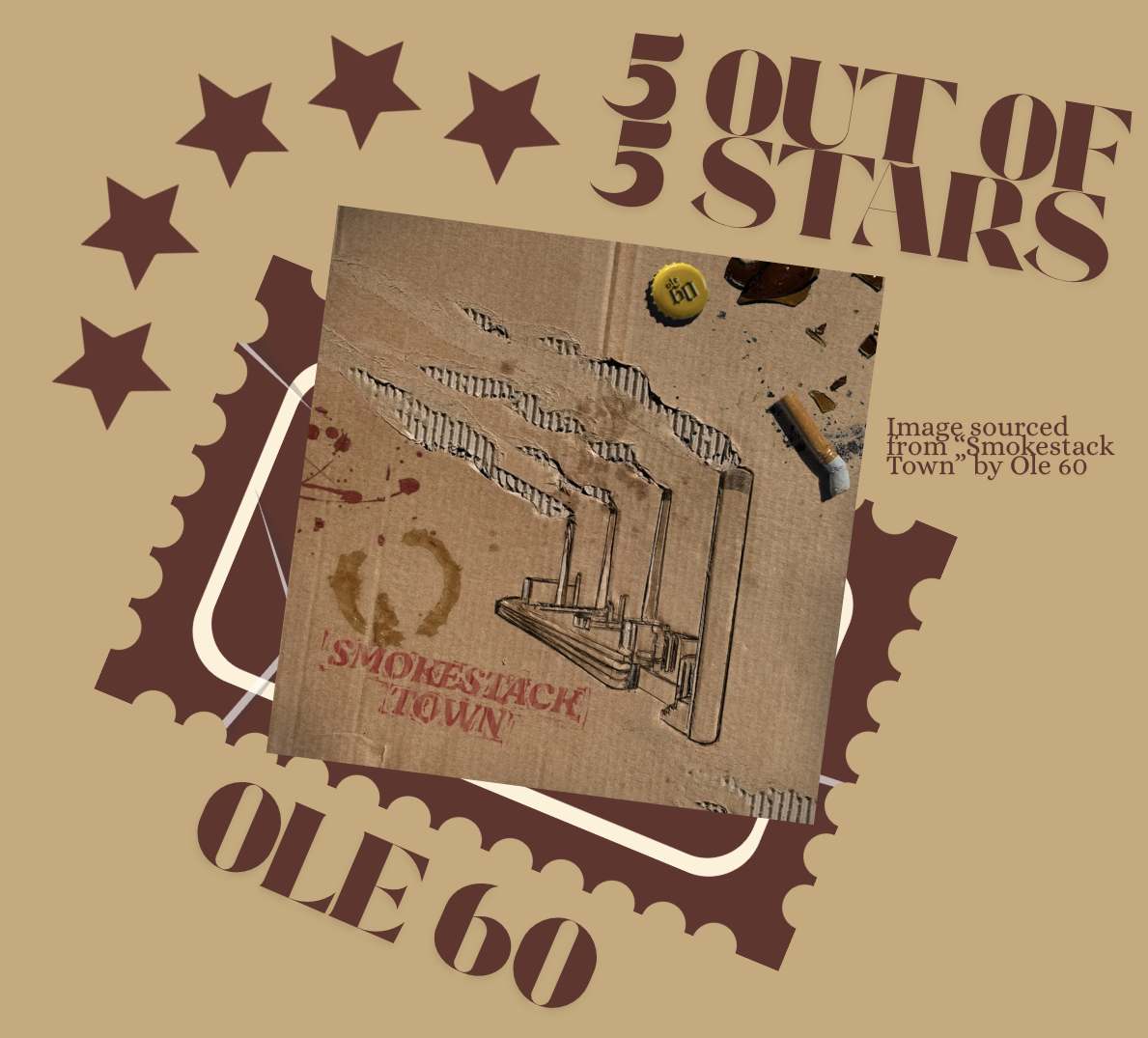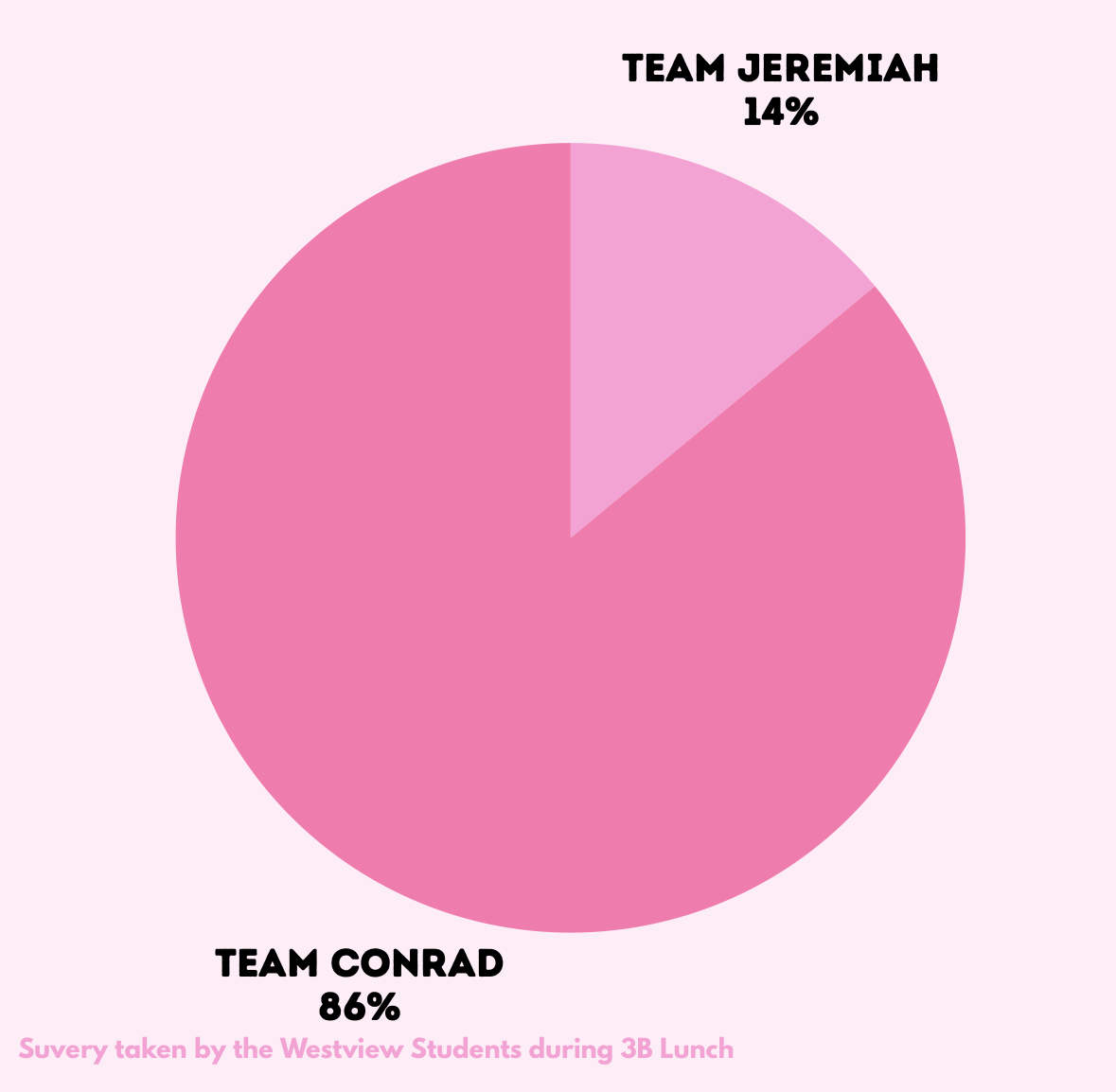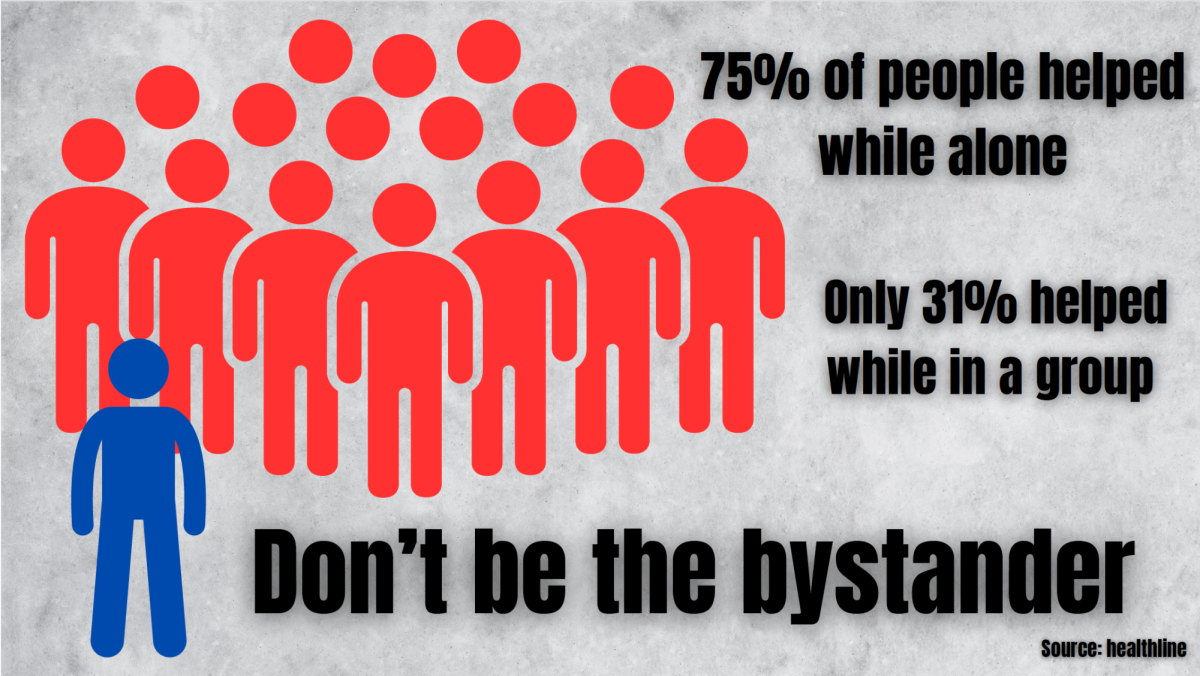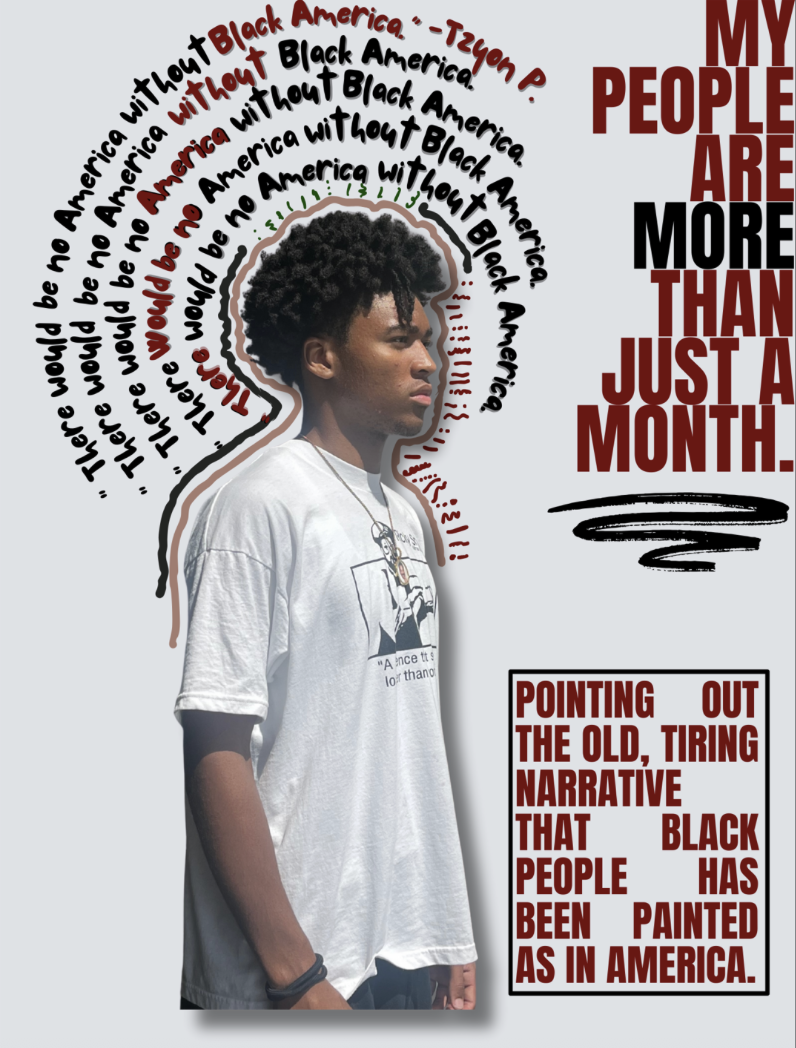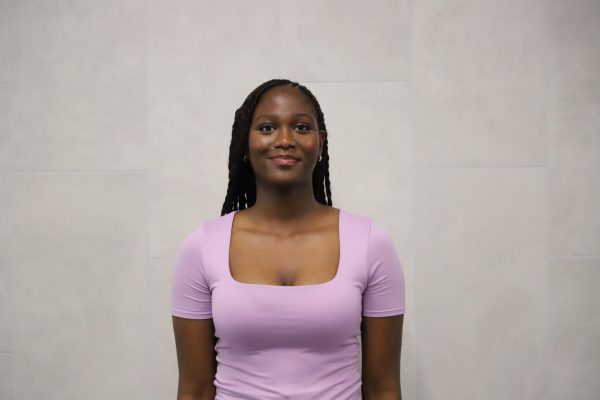As over 300 attendees of the “Tending to our Gardens Summit” filled the halls of the Hilton Hotel, Ashlei Spivey, founder of I Be Black Girl (IBBG) and Nebraska district 13 Senator, could only describe the space as “beautiful.” IBBG hosts the summit every other year, however, the road to making it happen was a little different this year.
IBBG isn’t your usual non-profit; it’s the only reproductive justice organization in the state of Nebraska, and under what Spivey describes as an “unprecedented” political climate, IBBG has found itself under attack.
According to the 2023 Maternal Death Review Team Annual Report, “Non Hispanic Black women represented 7.5% of the total live births to Nebraskan residents but represented 20% of the pregnancy associated deaths and the highest PAMR with 110.2 deaths per 100,000 live births.” In short, Black mothers die at a higher rate than any other group of mothers.
Since 2017, IBBG has worked to mend this disparity. Spivey said IBBG “exists to ensure that Black women, femmes, and girls can live wholly.” The Summit is one way they strive toward this mission.
IBBG isn’t the only one that recognizes the disparity. Douglas County Commissioner Chris Rogers attended the event because “for years, child and infant mortality have been an issue. It’s been one in disproportionate numbers.”
Yet support is waning.
Spivey said that the change in political climate “has been a negative impact for sure. We have seen funding cuts on the federal level as well as with local partners. People are shying away from population-specific work,” and IBBG is left bearing the weight.
Currently, the organization has a budget of 3.6 million dollars, next year it’ll be 2.7 million, and the following year, 2.1 million.
It doesn’t end with budget cuts. IBBG is downsizing, from a staff of 18 to 13. For a non-profit, these numbers are detrimental.
Spivey said, “I was actually blindsided because this wasn’t the first time for this political leadership. It was bad, but it wasn’t this bad.
Another attendee, District 11 Senator Terrell McKinney, said he came “to show there is still support for this type of work… Just because the political climate has changed, it doesn’t mean these things aren’t important.”
Trevon Brooks, CEO of the government economic program Omaha Innovation Hub, said “that mission doesn’t change for us as far as the political climate changes… as politics change, views change, whatever may change, which they always do, we know the mission alignment is always there at the foundation” He added that “What IBBG stands for is not just important to Omaha, but it’s important to the region and the nation.”
As IBBG faces these challenges, the population that it serves does too. Spivey said, “The attacks are centered around working people and people of color, and so you are seeing people’s social safety nets and those things that make sure people have what they need in jeopardy.”
Rogers hasn’t lost hope. He said he’s “hoping the system can hold up for another 14 months” and, as the climate changes, “we’ll continue to do the same thing, we just find a different way and a path to do it.”
Rogers, McKinney, and Brooks are working to support IBBG’s mission, but they can’t be the only ones. They say individuals have a part to play, too.
It won’t turn over night, said Rogers, but “you can’t think that one person won’t make a difference…you got to play to win, and the way you play here is to let your voice be heard.”
Brooks added that “Everybody can see and talk about it, but I think it’s about the folks that are doing things and making things move.”
I Be Black Girl will continue their mission with the KIKI networking brunch event on November 8th. Spivey said as people face this, “you have to be rooted in community and having a collective, you can’t do this alone.”


